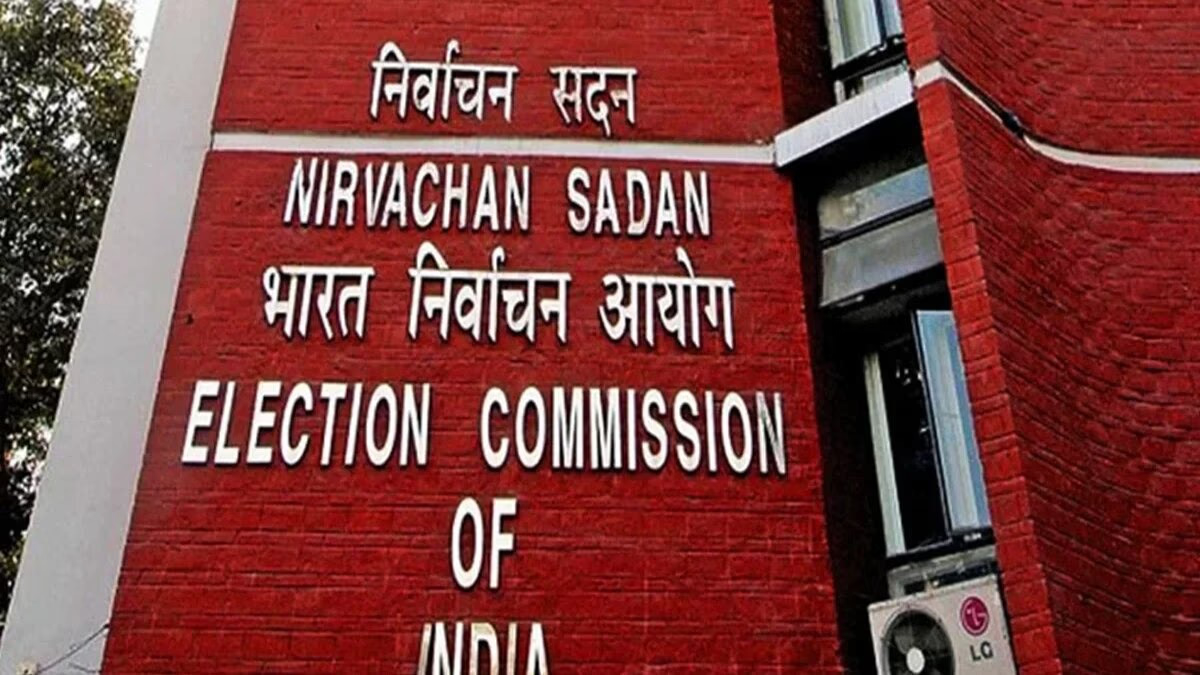Amidst the ongoing conflict between Israel and Hamas, Palestine welcomes Mohammad Mustafa as its new prime minister. Praised by President Mahmoud Abbas, Mustafa has long served as an economic advisor, ready to represent the West Bank and other Palestinian territories in challenging times.
Mustafa steps in for former Prime Minister Mohammad Shtayyeh who recently resigned due to the escalating violence in the West Bank and the war in Gaza, as Mustafa's appointment comes amidst calls for reform within the Palestinian Authority under American pressure.
The 30-Year History of the Palestinian Authority
The Palestinian Authority was established three decades ago, governing parts of the occupied West Bank. Once governing the Gaza Strip, the authority lost control after Hamas's decisive victory in 2007. Since then, Hamas has overseen this densely populated small strip bordering Egypt, with a population of over two million.
Meet Palestine's New PM, Mohammad Mustafa
Born in the West Bank city of Tulkarm in 1954, Mustafa excelled at America's George Washington University, obtaining a doctorate in Business Administration and Economics. His career took him to senior positions at the World Bank and roles within Palestine as Deputy PM and Minister of National Economy. Presently, he serves as the chairman for the Palestine Investment Fund.
Palestinian Hunger Crisis
The fierce conflict between Israel and Hamas is deteriorating conditions in Gaza, leaving civilians to face the harshest consequences. Millions of Palestinians are on the brink of starvation. Aid from Jordan has arrived, yet the situation is dire. Following a Hamas attack on Israel on October 7th, Gaza has been left in ruins, its people desperately seeking food along the shorelines. The young, the elderly, and women are all in need, with homes reduced to rubble and people longing for every last grain.




